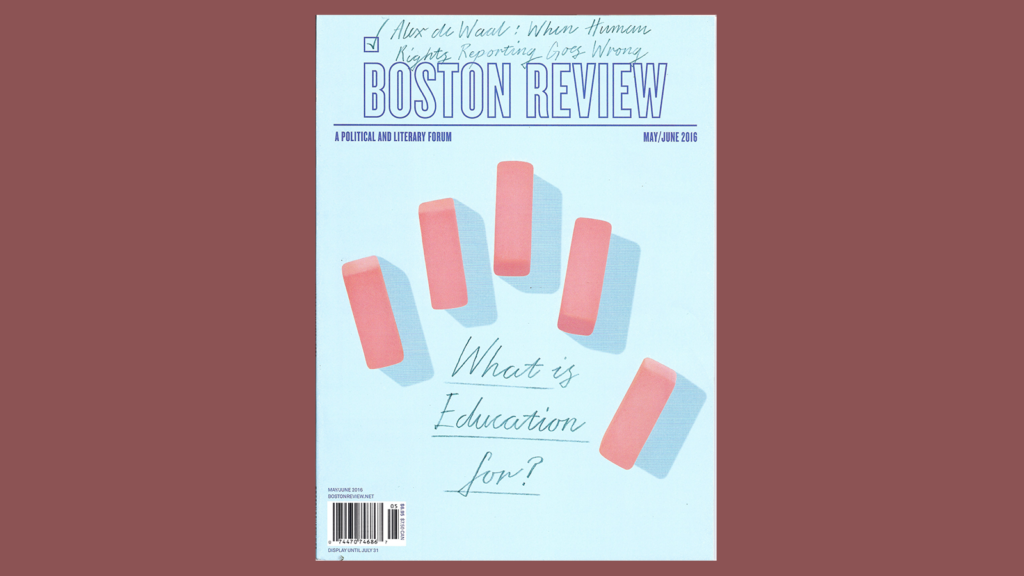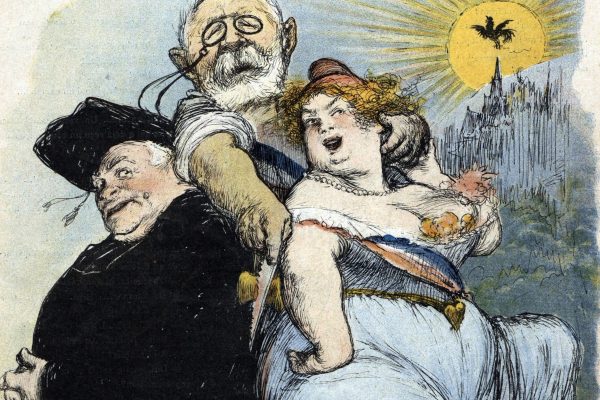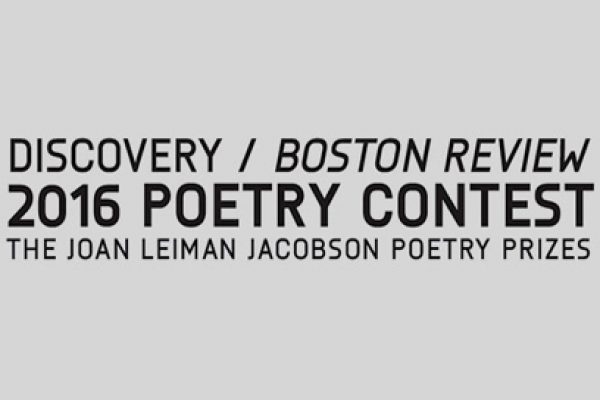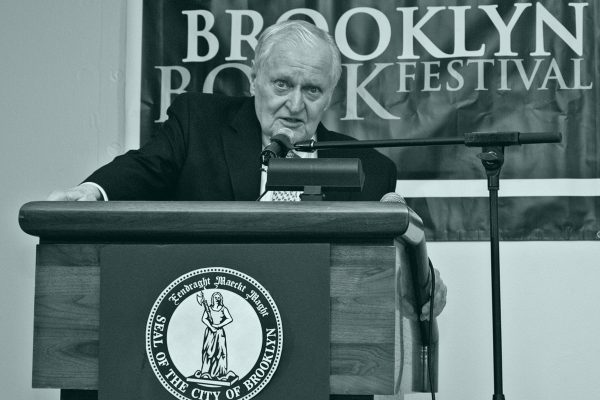May/June 2016
Public education should make citizens, not workers. So says Danielle Allen in our new forum—and she thinks that the focus on STEM can’t accomplish that goal, only the humanities can. Respondents include Deborah Meier, Clint Smith, Michel DeGraff, and Rob Reich. Alex de Waal, one of the nineties’ leading humanitarian reporters, has had a radical change of heart: almost all humanitiarian interventions go horribly wrong, he mourns, so maybe we’re doing more harm than good. Samuel Moyn worries we focus too much on rights and not enough on duties, and James G. Chappel proposes that our obsession with secularism has made religion more inscrutable—and out of control—than ever. Plus a celebration of 2016’s 92Y/”Discovery” Prize–winning poets, and new work from John Ashbery, Jorie Graham, and Brenda Hillman.
Forum: What is Education for?
Opening
Preparation for democratic citizenship demands humanities education, not just STEM.
Ideas & Fiction
Bill Clinton, white supremacy, and the birth of the modern Democratic Party.
Cities are now playgrounds for the rich, with the poor forced into suburbs.
The West likes morality plays with clear heroes and villains, in which we play the role of savior.
Paul Park’s fantasy troubles the line between fiction and reality.
Selected work from this year’s winners.
Rae Armantrout draws on the language of physics to explore modern life.
Poetry
In the market of ideas, of meat
—in the teeth of need—you
will never be happy with
your body—it is not the right
body . . .
Of course they love, says my
student. I slap
my dog sometimes when he
comes to my bedside
just to see if . . .













